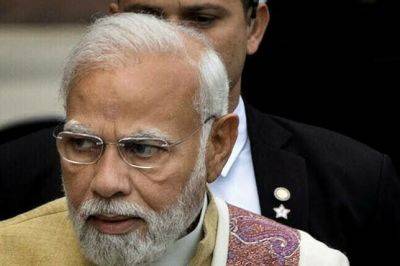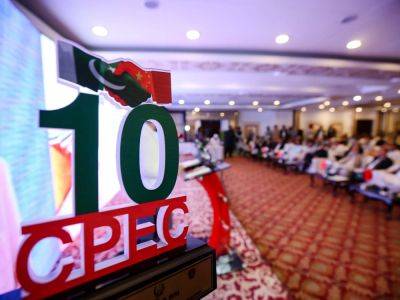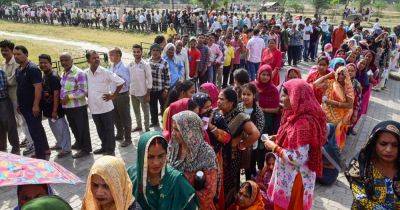A solar power policy crisis for Pakistan
The Pakistani government’s recent announcement to the International Monetary Fund (IMF) regarding the impending shift from net metering to gross metering for rooftop solar panels has sparked considerable concern.
This policy change, driven by the need to address financial challenges in the energy sector, aims to discourage the use of rooftop solar panels by altering how consumers are compensated for the electricity they generate.
However, the potential repercussions of this move could exacerbate the already high cost of electricity and stifle the growth of renewable energy in Pakistan. Currently, under the net metering system, consumers can offset their electricity consumption with the power generated by their rooftop solar panels.
A bidirectional meter measures both the electricity generated and consumed, allowing consumers to reduce their reliance on expensive grid electricity. This system not only makes solar investments financially viable but also promotes energy independence and reduces the strain on the national grid.
In contrast, gross metering requires consumers to sell all the electricity generated by their solar panels to the grid at a fixed Feed-in-Tariff (FiT) and then buy back the electricity they consume at retail rates.
This setup involves two unidirectional meters: one measuring the energy exported to the grid and the other measuring the energy imported from the grid. While this might simplify billing for power distribution companies, it significantly reduces the financial incentives for consumers to invest in solar energy.
The shift to gross metering is poised to have severe economic consequences for residential consumers and industries alike. Currently, consumers benefit from lower electricity bills by







